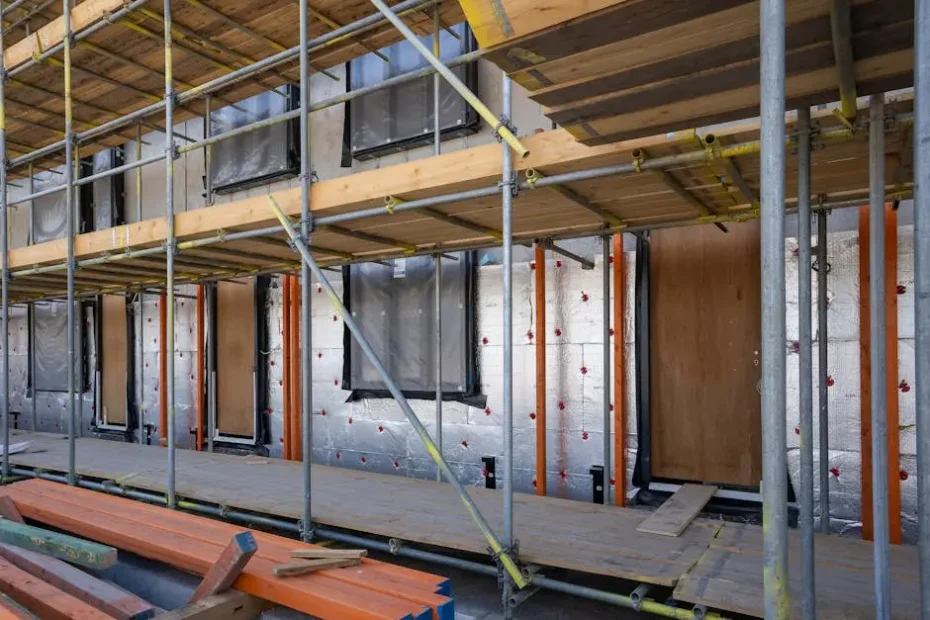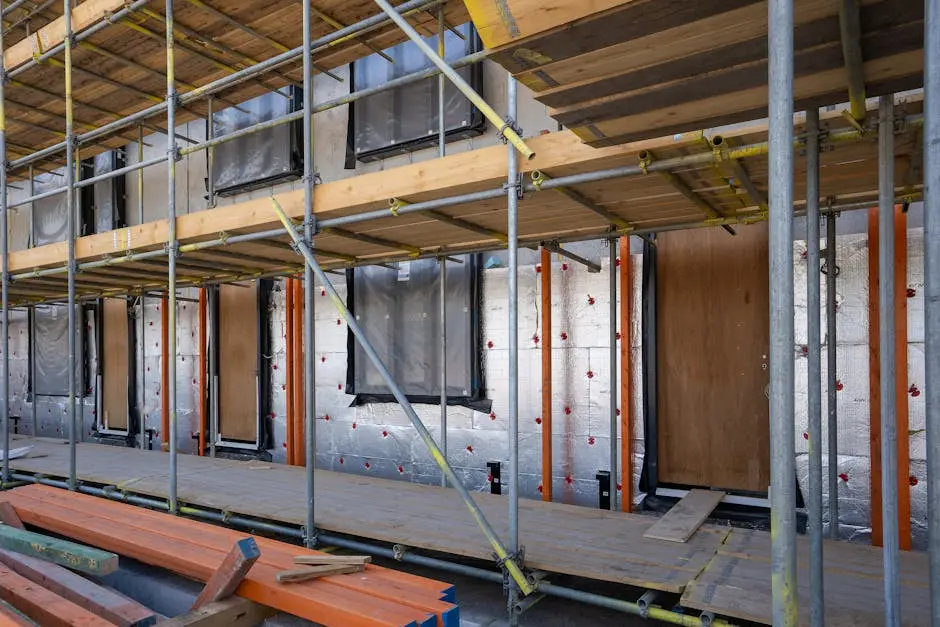When it comes to making sustainable choices for our homes, fiberglass insulation often gets the spotlight due to its many eco-friendly benefits. Not only does it enhance energy efficiency and lower utility bills, but it also plays a significant role in reducing our carbon footprint. In this blog, we will explore how fiberglass insulation can be a key player in creating a greener home environment, all while being budget-friendly and effective.
Understanding Fiberglass Insulation
Fiberglass insulation is made from fine glass fibers and is widely used in residential and commercial construction. Let’s break down its composition and why it’s become a popular choice among environmentally conscious homeowners.
At its core, fiberglass insulation is produced by drawing molten glass into thin fibers, which are then bound together to create a mat or batts. This process not only utilizes common materials but also allows for an exceptionally lightweight insulation product. As homeowners look for sustainable solutions, the appeal of fiberglass becomes evident in its environmentally friendly manufacturing.
Moreover, fiberglass’s non-combustible properties make it a safe option in terms of fire resistance, adding another layer of appeal for safety-conscious consumers. This combination of safety, effectiveness, and sustainability is what reinforces its standing as a superior choice for insulation needs.
In addition to its composition, the installation of fiberglass insulation must also be considered. Proper installation not only enhances its benefits but also ensures optimal energy efficiency. Homeowners should look into hiring professional installers who understand the complexities involved.
Energy Efficiency: A Major Benefit
One of the most significant advantages of fiberglass insulation is its ability to reduce energy consumption. By minimizing heat transfer, it helps to keep homes warm in winter and cool in summer, ultimately lowering your energy bills.
This energy efficiency is not just a fleeting benefit; it reflects a long-term investment in your home’s overall performance. By properly insulating your living spaces, you not only create a comfortable environment but also lessen the demand on heating and cooling systems. Consequently, this translates to lower utility costs month after month.
Additionally, lower energy use contributes positively to the environment. Sustainable living is about making choices that reduce our impact, and using fiberglass insulation is a proactive step in that direction. When less energy is consumed, fewer fossil fuels are burned, leading to a decrease in carbon emissions.
Furthermore, the impact of energy-efficient homes is magnified when we consider that many households underestimate how much energy can be saved through simple insulation solutions. Many owners find that after installing fiberglass, they are pleasantly surprised by how effectively their indoor climate stabilizes. This not only enhances comfort but is a win for both the wallet and the planet.
Made from Recycled Materials
Did you know that fiberglass insulation can be made from recycled glass? This not only lessens the demand for new materials but also reduces landfill waste, making it a more sustainable building option.
By choosing materials that incorporate recycled content, homeowners make a meaningful contribution toward reducing environmental impact. In fact, many manufacturers produce fiberglass insulation using over 20% recycled glass, showcasing how easily sustainable practices can be woven into everyday building projects.
This approach not only conserves natural resources but also lessens the overall environmental footprint of the construction industry. Utilizing recycled materials means fewer new resources are extracted, and this can lead to a healthier ecosystem.
In essence, fiberglass insulation serves as a perfect example of how construction can blend innovation with sustainability. Homeowners appreciate how choosing products with recycled content fits seamlessly into their desire to live more eco-consciously.
Long-Lasting Durability
Fiberglass insulation boasts an impressive lifespan, often lasting for decades without needing replacement. This longevity means fewer resources are consumed over time, which is a win for eco-friendliness.
Besides its durability, fiberglass insulation does not degrade or lose its effectiveness over time. This makes it a sound investment for homeowners looking to bolster their home’s energy efficiency. When insulation retains its initial performance, households are not only able to stay comfortable but also save money on potential replacements.
Moreover, the manufacturing process of fiberglass insulation is designed to withstand the test of time, ensuring that your investment pays off in the long run. It resists moisture, mold, and pests, which are common culprits that can lead to degradation in other types of insulation.
In many ways, fiberglass insulation embodies a philosophy that aligns well with sustainable living: use long-lasting materials that contribute to a stable and effective environment. Whether it’s installed in basements, attics, or walls, the remarkable durability of fiberglass insulation drives home the importance of sustainable choices in construction.
Noise Reduction: A Hidden Benefit
Beyond thermal performance, fiberglass insulation also offers excellent noise reduction capabilities, contributing to a more peaceful living environment. This benefit enhances your home’s comfort without impacting the environment negatively.
Fiberglass effectively dampens sound waves, creating a serene atmosphere within your home. This is especially beneficial in urban areas or homes located near busy streets, where outside noise can become a constant distraction.
By minimizing the transfer of sound between rooms, fiberglass insulation can transform an ordinary house into a tranquil haven. The soundproofing qualities lend themselves well to creating cozy spaces for relaxation or focused work.
While energy efficiency is critical, the importance of a peaceful home environment should not be overlooked. Homeowners often find that investing in fiberglass insulation pays off in more ways than one, making their living spaces both comfortable and quiet.
Installation Considerations
Proper installation is key to maximizing the benefits of fiberglass insulation. We’ll discuss installation tips and the importance of hiring a qualified professional to ensure effectiveness.
Even the best quality insulation won’t perform optimally if it’s not installed correctly. Taking the time to ensure that every nook and cranny is properly insulated is essential. Gaps and unsealed areas can allow drafts, undermining all the benefits it’s meant to provide.
Many homeowners opt for DIY installations to save costs, but the complexity of ensuring an effective installation often calls for professional help. Experienced installers are well aware of the common pitfalls and can ensure that the insulation is installed in compliance with safety standards.
Additionally, considering local building codes and regulations can also guide how one proceeds with insulation projects. Engaging with professionals who understand these intricacies will set you on the path toward a comfortable and energy-efficient home.
Ultimately, taking the time to engage with professionals and understand the installation process can significantly affect your home’s efficiency, comfort, and cost savings. As the saying goes, ‘you get what you pay for,’ and when it comes to insulation, the right installation makes all the difference.
Final Thoughts on Eco-Friendly Living with Fiberglass Insulation
Choosing fiberglass insulation isn’t just a smart financial decision; it’s also a commitment to protecting our planet. By improving energy efficiency, utilizing recycled materials, and offering long-lasting durability, fiberglass insulation champions eco-friendliness in the insulation landscape. Whether you’re building a new home or retrofitting an existing one, consider fiberglass insulation for a comfortable and sustainable living space.

